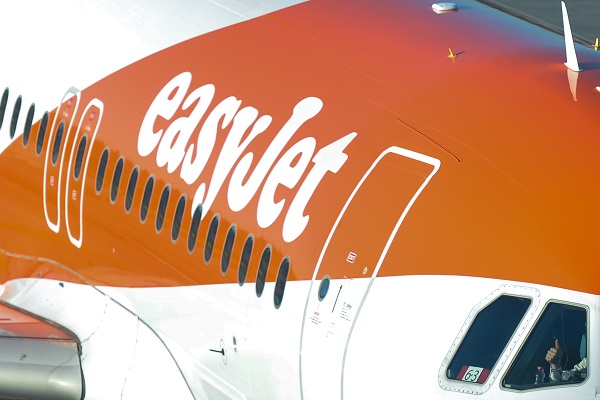Is easyJet a good bet for the long haul?
19th May 2022 09:23
by Richard Hunter from interactive investor
easyJet has also made some smart strategic moves but the share price is struggling to regain altitude. Our head of markets runs through these half-year results.

easyJet (LSE:EZJ) is emerging quickly from the holding pattern which had decimated earnings through the course of the pandemic.
Given that this reporting period also includes the disruption resulting from the recent Omicron variant, the outlook comes with the likelihood of more positive news to come. The company’s previous rights issue stabilised the business and easyJet is now looking to recoup lost revenues through a combination of higher passenger numbers and its own measures to improve profitability.
One such measure is the additional income arising from its ancillary products such as food and extra baggage allowances, with revenue per seat having risen by 29%. Meanwhile, the easyJet holidays franchise continues to gather momentum, with the programme 70% sold and expected to benefit from more than 1.1 million customers over the course of 2022.
At the same time, easyJet has also made some smart strategic moves, such as reallocating aircraft to its best-performing markets. Alongside capacity which is expected to exceed 2019 levels in the second half of this year, the leisure and domestic areas of the business are already exceeding pre-pandemic levels.
Less positively, the same cannot be said for the business and city arms of the business, although these continue to recover. At the same time, the increase in flights has come with additional costs which blighted the overall numbers. In addition, while the company is largely hedged in terms of its inevitable exposure to a rampant oil price, fuel prices and indeed the strength of the US dollar are also expected to impact numbers as the year plays out.
Even so, the reduction in net debt is another positive development, and the increase in revenues for the period to £1.5 billion from £240 million a year previously is evidence of a recovering situation. The pre-tax loss reported of £557 million is towards the upper end of the range which the company previously guided, but is nonetheless a significant improvement from the previous number of £645 million.
With seats filling up as the summer season approaches – the load capacity has risen from 64% to 77% - easyJet has reason to believe that the measures it took during the pandemic to streamline the business where possible will bear fruit as the ability to travel returns to some sort of normality.
In the meantime, however, the emergence of a weakening UK economy has weighed heavily on the share price of late, with the shares having lost 41% over the last year, as compared to a drop of 10% for the wider FTSE 250.
- Insider: directors and analysts both buyers of these shares at multi-year low
- Stockwatch: should you buy this 11% dividend yield?
A wider market stymied by the prospect of a tougher economic environment may have taken some of the shine from the price in early trade. Yet although runaway inflation at home has led some investors to question whether summer demand will hold up in the face of a potential cost of living crisis for many, for the moment there are limited signs of such an impact.
Indeed, the market consensus of the shares as a buy is recognition that easyJet may yet reappear from the clouds as a stronger operator.
These articles are provided for information purposes only. Occasionally, an opinion about whether to buy or sell a specific investment may be provided by third parties. The content is not intended to be a personal recommendation to buy or sell any financial instrument or product, or to adopt any investment strategy as it is not provided based on an assessment of your investing knowledge and experience, your financial situation or your investment objectives. The value of your investments, and the income derived from them, may go down as well as up. You may not get back all the money that you invest. The investments referred to in this article may not be suitable for all investors, and if in doubt, an investor should seek advice from a qualified investment adviser.
Full performance can be found on the company or index summary page on the interactive investor website. Simply click on the company's or index name highlighted in the article.